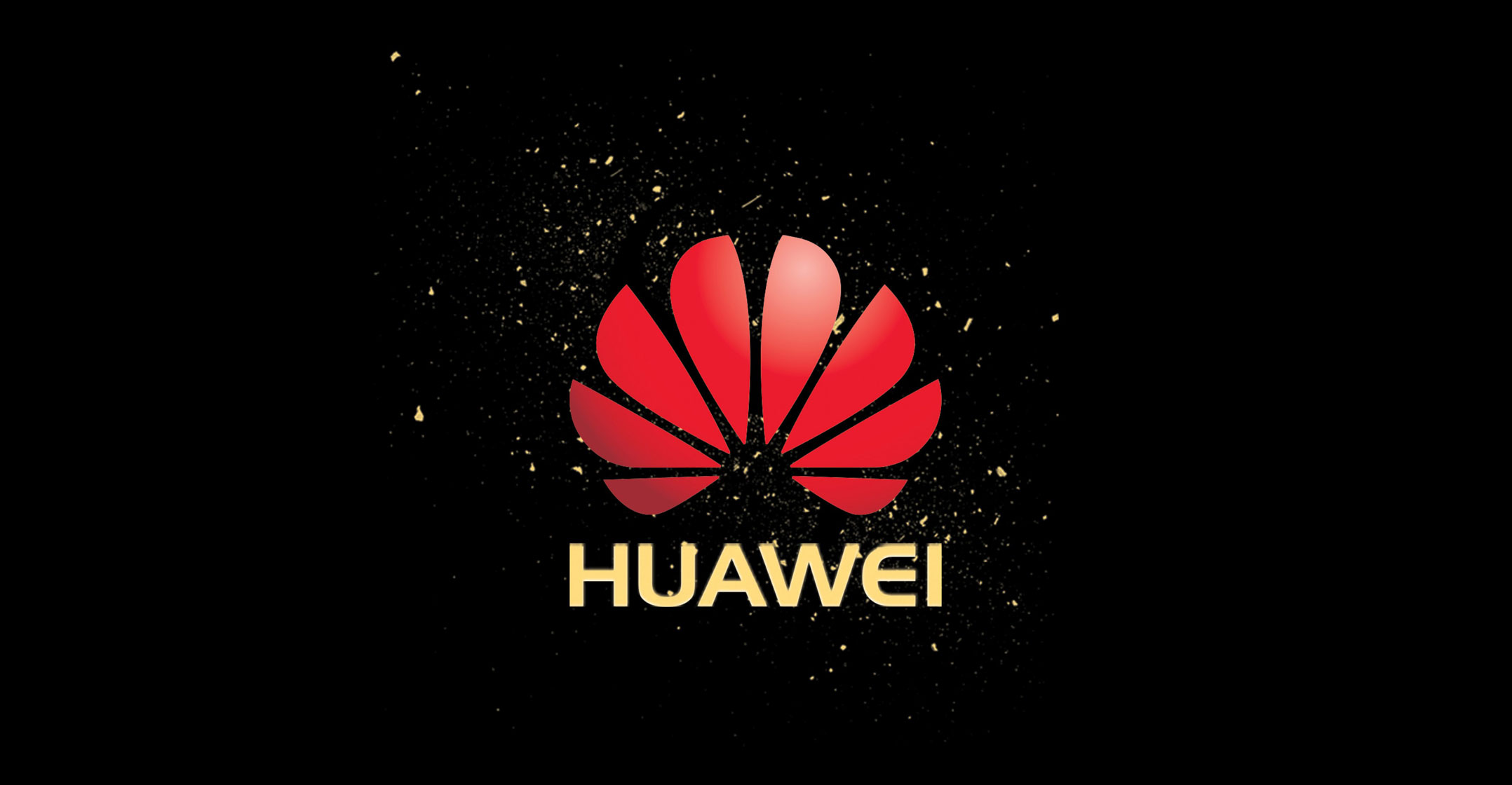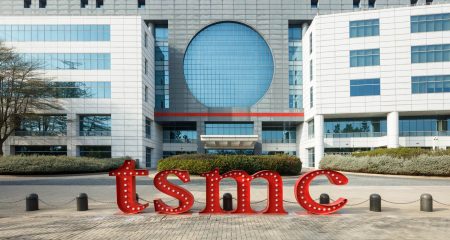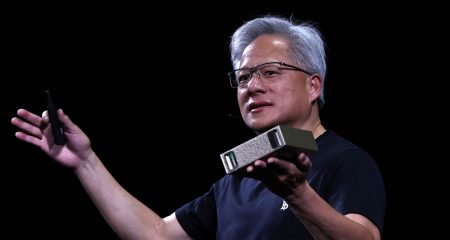 The arrest of Huawei’s chief financial officer in Canada provoked outrage from China at a critical point in trade talks with the US. Wanzhou Meng faces extradition to the US over potential violations of American sanctions on Iran. Here are the latest developments.
The arrest of Huawei’s chief financial officer in Canada provoked outrage from China at a critical point in trade talks with the US. Wanzhou Meng faces extradition to the US over potential violations of American sanctions on Iran. Here are the latest developments.
Huawei makes concessions to avert UK ban (8.30am SA time)
Huawei has caved in to demands from British security officials to address serious risks in its software and equipment as it tries to avoid getting banned from supplying 5G telecommunications equipment in the country, according to the Financial Times.
The Chinese technology giant agreed to a series of technical demands that will change its practices in the UK at a meeting this week between Huawei and senior officials from GCHQ’s National Cyber Security Centre, the newspaper said, citing two people with knowledge of the discussions.
Huawei tries to reassure partners around the world (7.15am)
Huawei sent a communique to its suppliers worldwide, reassuring partners that it abides by relevant laws and intends to keep its business relationships around the globe unchanged. The company added that it feels “it is unreasonable of the US government to use these sorts of approaches to exert pressure on a business entity. They are against the spirit of free economy and fair competition,” according to a copy of the memo obtained by Bloomberg.
Chairman Liang Hua will assume Meng’s duties as CFO in the interim, according to a person familiar with the matter.
Chinese media rail about a ‘despicable rogue’s’ act (4.07am)
Prominent government-run media are painting Meng’s arrest as a politically motivated effort to contain China’s — and Huawei’s — ascendancy.
“Obviously Washington is resorting to a despicable rogue’s approach as it cannot stop Huawei’s 5G advance in the market,” the nationalist Global Times said in an editorial.
The English-language China Daily chimed in: “One thing that is undoubtedly true and proven is the US is trying to do whatever it can to contain Huawei’s expansion in the world simply because the company is the point man for China’s competitive technology companies.”
Trump unaware of extradition before Xi talks (11.06pm)
President Donald Trump wasn’t aware the US had requested Meng’s extradition from Canada before he joined Chinese President Xi Jinping for dinner on Saturday, a White House official said.
Trump and Xi dined at the Group of 20 summit in Buenos Aires, where they sought to defuse the trade war the US president sparked with Beijing this year by enacting tariffs on hundreds of billions of dollars’ worth of Chinese imports.
Trump’s national security adviser, John Bolton, said in an interview with NPR earlier on Thursday that he knew in advance of the plan to arrest Meng.
Arrest said to be tied to Iran transactions via HSBC (9.47pm)
Meng’s arrest is part of an ongoing investigation by US prosecutors into whether Huawei violated banking laws as it sought to evade sanctions against Iran by routing a series of transactions through HSBC, according to a person briefed on the matter.
A federally appointed monitor of HSBC flagged the transactions involving Huawei as suspicious to US prosecutors, The Wall Street Journal reported on Thursday. HSBC was among several banks that have done business with Huawei and isn’t a target of the probe, the newspaper said.
Rob Sherman, a spokesman for HSBC in New York, didn’t immediately respond to a request for comment.
No political involvement in arrest, Trudeau says (9.38pm)
Canadian Prime Minister Justin Trudeau is distancing himself from Meng’s arrest.
“We are a country of an independent judiciary and the appropriate authorities took the decisions in this case without any political involvement or interference,” he told reporters during a press conference in Montreal. “We were advised by them with a few days’ notice that this was in the works.”
Trudeau said this was a purely judicial process and that there was no engagement or involvement at the “political level”.
Bolton knew in advance of plans to arrest Meng (9.00pm)
US National Security Adviser John Bolton said he knew in advance about the plan to arrest Huawei’s Meng on 1 December, but stopped short of saying that he knew particulars during the dinner between Trump and Xi that was happening at the same time in Buenos Aires.
Bolton, speaking Thursday in an interview with NPR, said that actions of Chinese companies, particularly when it comes to intellectual property, will likely play a role in ongoing talks between the two leaders.
“I think this is going to be a major subject of the negotiations that President Trump and President Xi Jinping agreed to in Buenos Aires,” Bolton said.
“We’ve had enormous concerns for years about the — in this country — about the practice of Chinese firms to use stolen American intellectual property, to engage in forced technology transfers, and to be used as arms of the Chinese governments objectives in terms of information technology in particular,” Bolton said.
“Huawei is one company we’ve been concerned about,” he added. “There are others as well.”
Europe had already been weighing Huawei crackdown (6.43pm)
Officials from the UK, Germany and France were already becoming increasingly wary of the telecoms equipment maker, according to people familiar with the matter. The US has been bringing allies on board with its warnings that Huawei’s gear could enable Chinese spying. Australia and New Zealand in recent months have barred Huawei’s equipment from next-generation phone networks, though Europe has yet to take action.
Europe, where 5G networks will be rolled out starting next year, is a key battleground for Huawei as its largest market outside Asia, and where the company has spent more than a decade notching contracts with the likes of Deutsche Telekom and Vodafone Group.
‘Silicon curtain’ seen weighing on chip stocks (6.30pm)
A further deterioration of trade relations between China and the US likely to result from the arrest of the Huawei executive could have a far-reaching impact on the semiconductor industry, according to Northland Capital Markets analyst Gus Richard.
“Without a significant change in direction, the trade war threatens to Balkanise the technology industry, creating a silicon curtain that would significantly reduce US semiconductor market opportunity,” he wrote in a research note.
“We believe these events are ominous with an elevated possibility of creating a technology cold war that could have dire consequences for the US semiconductor industry,” Richard said. “We believe that much of the damage is already done and the Chinese will move as quickly as possible to silicon independence which may take decades.
Most US chip companies have a single-digit percentage revenue exposure to Huawei but also supply its competitors, making a loss of orders unlikely to be permanent, according to Sanford C Bernstein analyst Stacy Rasgon. Intel gets about 2% of its revenue from the Chinese company, according to his analysis.
Increasing scrutiny of Huawei could also lead to its exclusion from the build out of new phone services around the world, particularly the 5G networks that are planned for next year, according to a note by UBS Securities. Nokia, Ericsson, Cisco, Juniper and Ciena could all benefit at its expense, according to analyst Tejas Venkatesh.
US said to seek extradition as part of crackdown (5.59pm)
The US will seek to extradite Meng, who was arrested in Canada on 1 December, but it could take more than a year if the executive puts up a legal fight, according to two people familiar with the matter.
The arrest of Meng was in the works for a while and is part of a stepped-up effort by US authorities to hold Chinese nationals accountable for committing crimes, said the people, who asked not to be identified speaking about the sensitive matter. It wasn’t immediately clear if the US justice department had already started the process to extradite Meng, or when that will occur.
The people said the White House supports the extradition effort, even though it could complicate sensitive trade talks with the Chinese government.
Regardless, extraditions don’t happen fast, the people said. For example, the US spent more than a year trying to extradite Chinese national Su Bin from Canada for conspiring to hack military information, and even then the extradition only happened after he consented.
Senator Rubio welcomes arrest, urges extradition (5.13pm)
US Senator Marco Rubio said the arrest is “welcome” and said Meng should be promptly extradited.
“Huawei has direct ties to the Chinese government and Communist Party, has long posed a serious risk to US national security, and I continue to strongly urge Canada to reconsider Huawei’s inclusion in any aspect of its 5G development, introduction and maintenance,” Rubio of Florida said in a statement.
Senator Mark Warner, a Democrat from Virginia, said “it’s been clear for some time that Huawei, like ZTE, poses a threat to our national security… It’s my hope that the Trump Administration will hold Huawei fully accountable for breaking sanctions law, as it failed to do in the case of ZTE. “This is a reminder that we need to take seriously the risks of doing business with companies like Huawei and allowing them access to our markets. I continue to strongly urge our close ally Canada to reconsider Huawei’s inclusion in any aspect of its 5G infrastructure.”
Stocks slump amid rising trade tensions (4.50pm)
The Dow Jones Industrial Average and the S&P 500 dropped about 2% on Thursday in New York, resuming a slide after one of the biggest routs of the year. Meng’s arrest reignited trade tensions, dousing hope China and the US would make immediate progress on a deal and dealing a blow to already fragile equity markets just days after an apparent breakthrough on trade between the two countries.
“This move against the Huawei CFO has just added another spanner in the works,” Eleanor Creagh, strategist at Saxo Capital Markets, told Bloomberg TV in Sydney. “It’s really illustrative of the fact that the trade truce we saw over the weekend between Trump and Xi doesn’t really do much to mend the underlying relationship between the US and China that is still deteriorating.”
King frets about Chinese response to arrest (3.30pm)
US Senator Angus King from Maine said based on the propensity of China to lodge retaliatory tariffs in the past, he worries about the next step and possible repercussions. Speaking Thursday morning on CNN, King said he didn’t know specifics of the arrest beyond reports.
“That’s certainly a possibility. We’re dealing with a regime that has absolute power over all levers of state power and they may fell they have to respond in some way,” King said on CNN, citing a Chinese decision to go after Maine’s lobster industry in retaliatory sanctions. “Clearly some kind of response in China is absolutely possible.” — (c) 2018 Bloomberg LP




